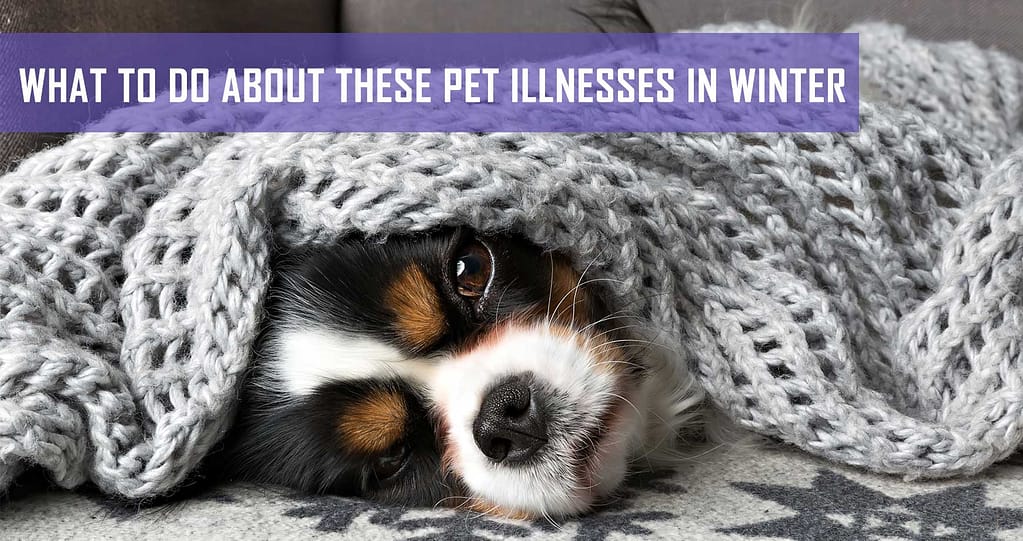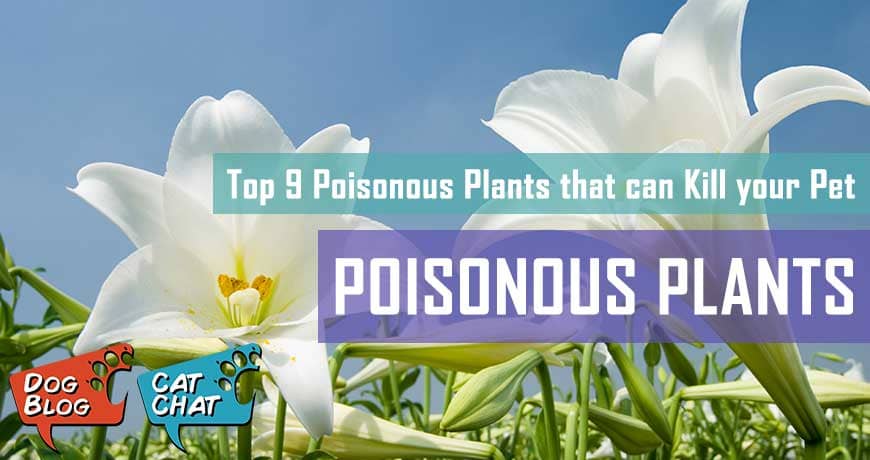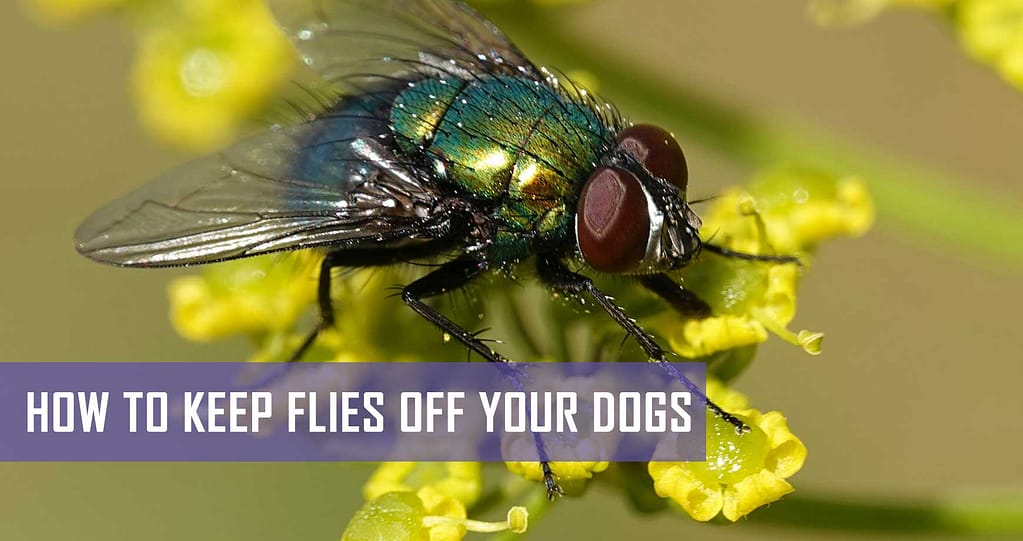It’s cold, sometimes wet, and it takes a lot more effort and motivation to stay on your toes. Winter time is notorious for being the ‘sick’ season, when we run a greater risk of sniffling in bed in recovery mode than making the most of the bright and sunny days. Similarly, our dogs and cats are also more susceptible to the winter woes. Let’s look at their risk for various illnesses and how we can be their pet heroes and protect them:
Hypothermia
Earlier on we asked the questions How can you tell if your cat is cold? and Do dogs get cold in winter? Both articles list the signs of cats and dogs, respectively, when they’re cold. If they are exposed to the cold for long periods, they run the very real risk of hypothermia, which is when their body temperature is dangerously low.
Symptoms in dogs
- shivering
- tiredness/sleepy
- low blood pressure
- pale skin
- stiff muscles/difficulty walking
- shallow breathing
- a fixed stare/stupor
- dilated pupils
Symptoms in cats
- shivering
- tiredness/lethargy
- low heart rate
- pale, cold skin
- stiff muscles
- shallow breathing
- loss of consciousness
- dilated pupils
If Fido or Mitzy has reached this stage of coldness, they need to be rushed to the vet pronto! There are very specific protocols that need to be performed to get your furry or purry’s temperature back to normal. Do make sure they are covered in blankets and limit exposure to cold temperatures on your way to the vet’s office!
Frostbite
South African pets don’t usually run the risk of being frostbitten, but considering winter has come early to many places in our country this year, the extra snow, frost and icy conditions make this a reality. Our dogs and cats aren’t used to traipsing through the snow with their delicate paws or scouting around with their sensitive noses for extended periods of time. This means that you should keep a very close eye on Max and Dusty, especially if they’re discovering snow for the first time. Limit the time they spend in the coldest conditions, and be sure to dry them off and warm them up when playtime is over.
Frostbite is the damage of the tissue of the extremities from being exposed to the cold for too long. It’s caused when the skin as well as the tissue just beneath it freezes, going numb and hard. If not treated or if it’s very severe, it could cause tissue death, after which those limbs or digits need to be removed.
Symptoms of frostbite
- pain when touched
- hard, pale skin
- warm, swollen nose
- skin blistering (2nd degree frostbite)
- darkening skin (risk of gangrene)
- uncoordinated movement (because of poor circulation)
Once again, a pet with frostbite needs immediate veterinary care. DO NOT try to rewarm your pet with heating pads, a hairdryer or a hot water bottle, and don’t try to rub the frostbitten area to stimulate bloodflow. It will be extremely painful for your pet. All you need to do is get your pet to the vet.
Antifreeze poisoning
This is a lot more common in icy-cold northern hemisphere areas where people use antifreeze in their homes to prevent their water pipes and plumbing from freezing when the outdoor temperatures drop way below freezing point. In South Africa, antifreeze is used in cars, which means it’s still accessible to our pets and can be a health risk to them. Antifreeze has a sweet taste, which makes it appealing to unsuspecting animals, but when they lick it they are likely to get antifreeze poisoning.
Symptoms of antifreeze poisoning
- ‘drunken’ movement
- vomiting and diarrhoea
- rapid heartbeat
- excessive urination
- seizures/coma
Keep the antifreeze locked away in a cupboard in the garage. Check that the antifreeze reservoir in your car isn’t leaking and make sure your pets don’t have access to any non-pet-friendly substances.
Dog flu and pneumonia
Just like people who spend a long time in cold, wet and windy conditions, dogs who are unnecessarily exposed to inclement weather will suffer low immunity and catch flu or pneumonia. Senior pets as well as young puppies – both of whom have vulnerable immune systems – are at risk of these seasonal illnesses.
Symptoms of flu or pneumonia
- runny nose/eyes
- sneezing
- persistent cough
- cough with blood
- fever
- ear infection
- low/no appetite
These symptoms are synonymous with kennel cough as well. If your dog is displaying any of these symptoms and is lethargic, take him to the vet immediately for proper diagnosis and treatment. Also ensure your dog is not exposed to the elements and keep him indoors so that he’s warm and dry, especially as he recovers.
Read more about kennel cough here.
The sniffles
Both dogs and cats can suffer from the sniffles. This is the generalised description for any upper respiratory issues that have symptoms like:
- slight cough
- runny nose
- fatigue
Just like when you or your kids have the sniffles, you want to be kept warm, eat nice warm, hearty food, and need humid air (from a humidifier or a hot bath) to help with a stubborn cough. Feed and pamper your pets in the same way, and keep them separate from your healthy pets as the sniffles can be contagious. Keep an eye on your sick pet as sometimes the sniffles can develop into something more serious that needs antibiotics to treat. If it doesn’t clear up, take your sniffly pet to the vet for the correct treatment.
Keep your pets’ arthritis or any sign of stiff joints in check. And always give your furries and purries more love and cuddles in winter – this makes everybody feel a WHOLE lot better!







